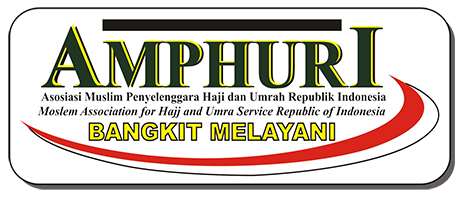NAVIGASI ETIKA EKONOMI HAJI: ANALISIS PERSPEKTIF IMAM SYAFI’I DAN IMAM MALIK TERHADAP KONSEP ISTIHTA’AH
DOI:
https://doi.org/10.32332/multazam.v4i1.9210Keywords:
Economy, Hajj, IstithaahAbstract
The Hajj pilgrimage is a human benchmark for the perfection of the pillars of Islam. Many people can afford the initial payment, but are unable to pay it off when the time comes. The aim of the research seeks to provide a comprehensive picture of Imam Syafi'i and Imam Malik's views on the concept of economic istithaah in the context of the Hajj pilgrimage, as well as to understand the practical implications of their views in the lives of Muslim communities. This research is library research which uses written data sources in the form of primary and secondary sources. The results of this research show that the istithaah offered by Imam Syafi'i actually provides motivation for other people, by providing mushin to help pay off their Hajj needs. Meanwhile, Imam Malik's opinion is that if he is not financially capable even though he has a muhsin who helps him then he is not obliged to perform Hajj. Because the characteristics of isthithaah offered by Imam Malik are his own doctrine, different from Imam Syafi'i who allows it from other people.











